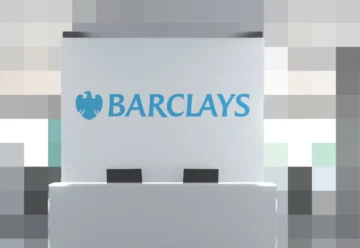Brazil’s CBDC Functionality to Allow Central Bank to Manage User Funds

An independent blockchain developer, while reverse engineering the code for Brazil’s central bank digital currency (CBDC) pilot project, discovered features that would allow the regulator to freeze user funds or reduce balances at its discretion.
Pedro Magalhães, Blockchain Developer and Founder of tech consulting firm Iora Labs, participated in the testing of the digital real pilot project. As he analyzed the project’s source code, he discovered some features that would allow the central bank of Brazil to manage user funds.
Some of these features involve the ability to:
- freeze funds in accounts;
- disable an account;
- reduce the balance of funds in accounts;
- suspend the transfer of tokens;
- burn tokens from any account.
Magalhães said, however, that such features could be useful in some situations. In his opinion, Brazil’s central bank will likely retain these features to control the security of CBDC use in DeFi protocols, particularly for using digital reals to secure loans. On the other hand, Magalhães said that such functionality would enable the public to verify what tax funds are allocated to, as well as to verify transactions made by the state and strengthen transparency in parliamentary amendments.
Yet, Magalhães added that the code lacks specificity regarding the circumstances under which tokens can be frozen. The functionality of the smart contracts developed by Brazil’s CBDC essentially gives the central bank the ability to freeze users’ balances on its own initiative. According to the developer, such aspects of the state digital currency should have been publicly discussed with the public, but the authorities failed to do so.
Magalhães’ statement received a response from the crypto community, many members of which expressed concerns that CBDCs may violate their financial freedom and limit their privacy.
At the initiative of the non-profit organization Human Rights Foundation (HRF), an online CBDC development tracker was developed to monitor the impact of central bank digital currencies on the rights and freedoms of citizens of various countries.
It should be noted that a survey conducted by the Bank for International Settlements (BIS) shows that in general 93% of central banks are studying the possibility of issuing national digital currencies, and more than half of them are already conducting experiments or working on CBDC pilot projects. Thus, the BIS analysts predict that 15 retail and 9 wholesale CBDC projects will be launched by 2030.











